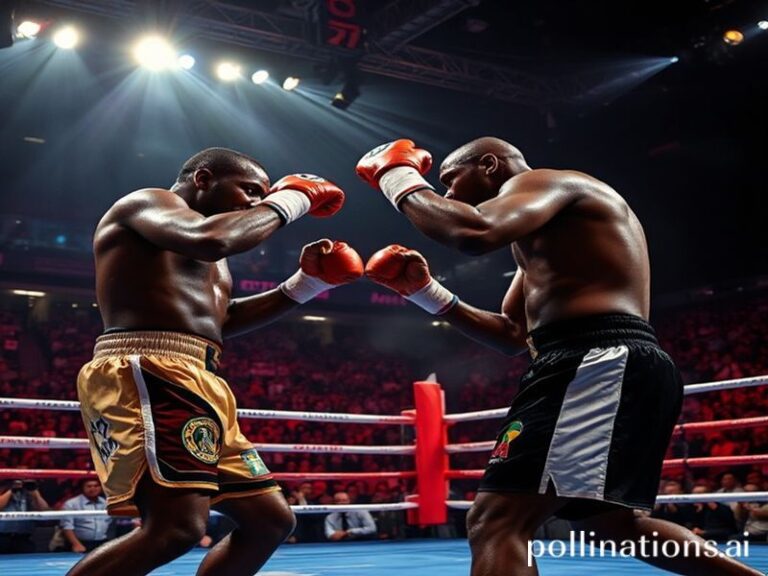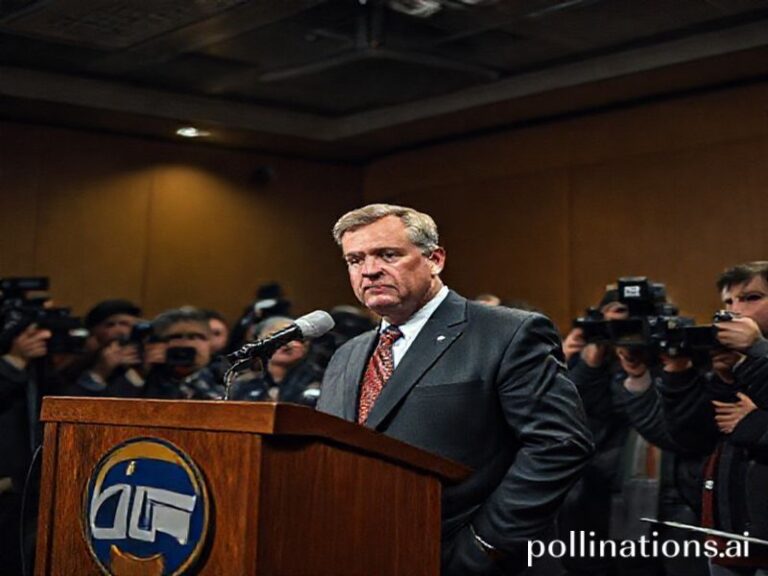Global Mourning, Inc.: How Liam Payne’s Death Became the World’s Communal Tragedy Product
# The Ballad of Liam Payne: How a British Pop Casualty Became Global Warning Label
Buenos Aires, Argentina – In the grand tradition of British exports that age like milk in tropical climates, Liam Payne has managed to transform from One Direction’s designated “cute one” into a walking cautionary tale that translates across every language and border. While Argentine prosecutors sift through WhatsApp messages and hotel security footage trying to piece together his final hours, the rest of the planet nods knowingly – another child star chewed up and spit out by the international fame machine, now serving as macabre entertainment for doom-scrollers from Lagos to Lisbon.
The irony, of course, is exquisite. Here was a man whose voice once provided the soundtrack to teenage dreams from Jakarta to Johannesburg, now reduced to trending hashtag in languages he couldn’t pronounce. His death at 31 isn’t just another celebrity overdose story – it’s a perfectly timed metaphor for our collective addiction to manufactured innocence and the inevitable crash that follows. The Argentinian authorities can investigate all they want; the verdict was delivered years ago by a global economy that turns human beings into content and then acts shocked when the content expires.
What makes Payne’s particular tragedy so internationally resonant isn’t just the One Direction juggernaut that once conquered every continent except Antarctica (and honestly, probably had penguins humming “What Makes You Beautiful”). It’s how his decline mirrored our broader descent into a world where success is measured in follower counts and redemption arcs are live-streamed for corporate profit. From Dubai to Dublin, fans who once plastered their walls with his face now trade conspiracy theories about his final moments – each theory more elaborate than the last, because simple human tragedy isn’t enough anymore. We need narrative, we need villains, we need content.
The global implications are almost too perfect. While COP29 delegates in Azerbaijan argue about carbon credits, Payne’s death reminds us that the real emissions crisis might be the toxic cloud of celebrity culture we’ve been pumping into the atmosphere since MTV went international. His story reads like a United Nations case study in How Not to Raise a Human: Take one working-class kid from Wolverhampton, add Simon Cowell’s Midas touch (now available in 47 countries!), multiply by teenage hormones and Spotify algorithms, and voilà – you’ve got a renewable resource that burns out faster than a Tesla battery in Siberian winter.
From Seoul to São Paulo, the reaction has been predictably performative. K-pop stans light virtual candles while Brazilian Twitter users compete for the most devastating Portuguese wordplay about his passing. Chinese social media platforms censor discussion entirely, because nothing threatens national stability like a former boy band member’s hotel room tragedy. Meanwhile, American entertainment reporters – who’ve perfected the art of grave-dancing for ratings – treat his death as merely the latest episode in their ongoing reality show called “Famous People Are Just Like Us (Except When They Die).”
The broader significance? We’ve created a global economy where human beings are IPOs, traded on the emotional stock exchange of public opinion. Payne’s death certificate might list “multiple traumas,” but the real cause of death is more systemic: death by planetary-scale dehumanization. Every continent contributed to his rise, and now every continent gets to monetize his fall. The Argentinian hotel becomes a pilgrimage site, the WhatsApp messages become evidence, and somewhere in an LA boardroom, someone is already pitching the documentary rights.
In the end, Liam Payne’s greatest achievement might be providing the world with a shared moment of performative grief – a universal language of hashtags and crying emojis that transcends borders while saying absolutely nothing. We’ve managed to globalize everything except the simple human decency to let someone rest in peace. But then again, peace doesn’t trend on Twitter.







